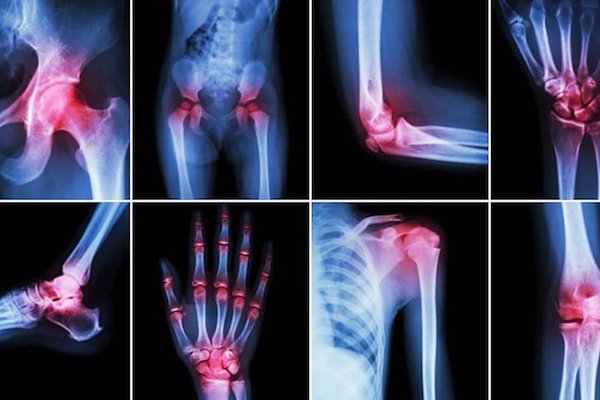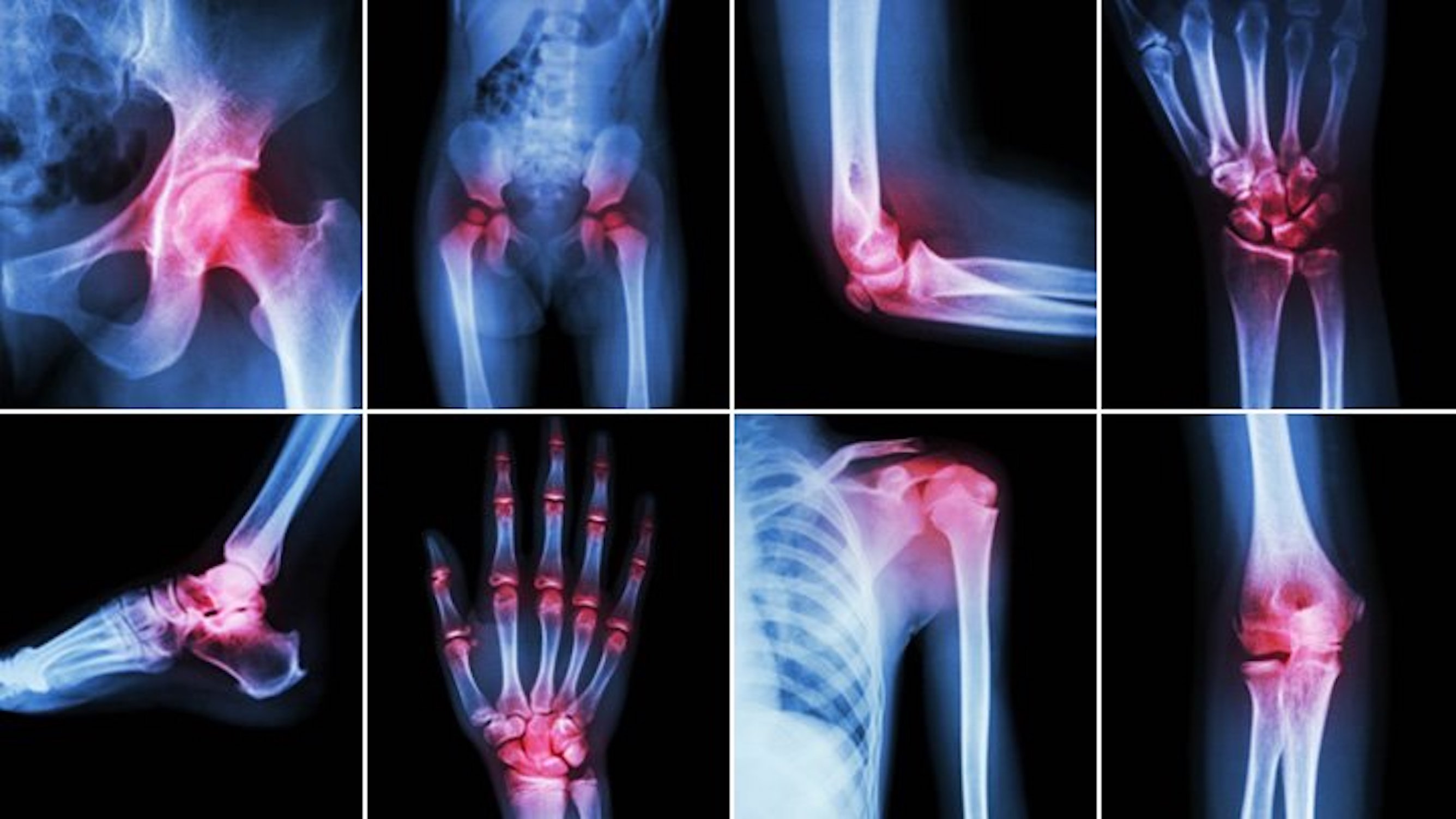A meta-analysis investigated different polymorphisms of the endoplasmic reticulum aminopeptidase 1 (ERAP1) gene and their effect on risk of psoriasis. The report, published in BioMed Research International, stated that rs30187 (C/T) and rs27524 (G/A) polymorphisms were associated with psoriasis susceptibility, however, no significant relationship was found between the rs26653 (G/C) polymorphism and psoriasis risk.
Considering the small sample sizes and low statistical strength of the included articles, the study’s lead author, Xiujuan Wu, suggested that their “findings may provide a more comprehensive evaluation on the association of ERAP1 polymorphisms with psoriasis susceptibility.”
A total of 4,858 patients with psoriasis and 10,542 healthy controls were included from nine case-control studies. The reviewers evaluated three loci of ERAP1 gene polymorphisms, rs26653, rs30187, and rs27524.
Statistically, association with psoriasis susceptibility was significant for the rs30187 (T vs. C, odds ratio [OR] = 1.23, 95% confidence interval [CI], 1.15–1.32, p < 0.0001) and rs27524 (A vs. G, OR = 1.17, 95% CI, 1.09–1.25, p < 0.0001) polymorphisms. There was no significant link between the rs26653 polymorphism and risk of psoriasis (C vs. G, OR = 1.01 95% CI, 0.80–1.28, p = 0.93).
The authors acknowledged that the analysis was limited by the small sample size and relatively considerable heterogeneity between the studies, as well as the inclusion of only studies on Caucasian and Asian populations.
In short, only one of the three ERAP1 polymorphisms in the study was not associated with an increased risk of psoriasis. The authors suggested that their results “may provide a more comprehensive evaluation of the relationship between ERAP1 polymorphism and psoriasis susceptibility,” but added that research on the polymorphisms in other populations is needed.
Source: BioMed Research International









